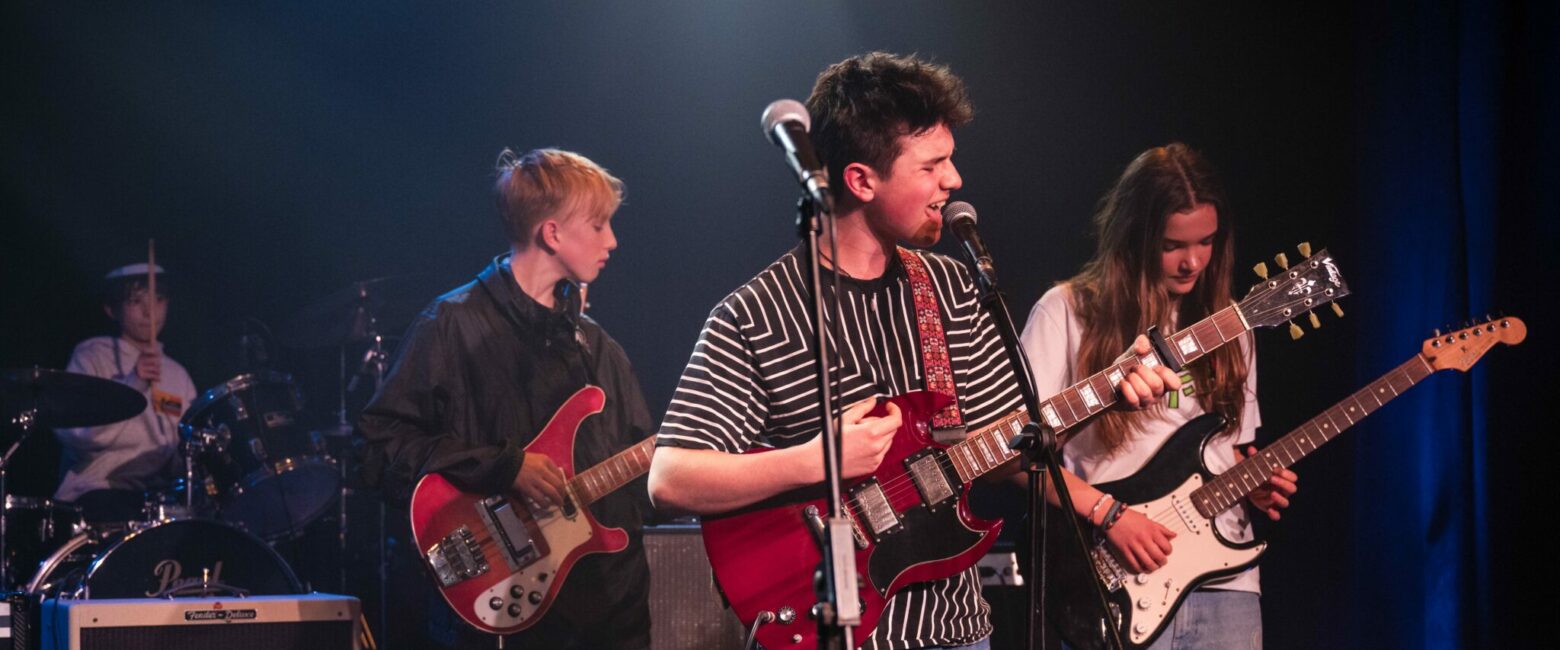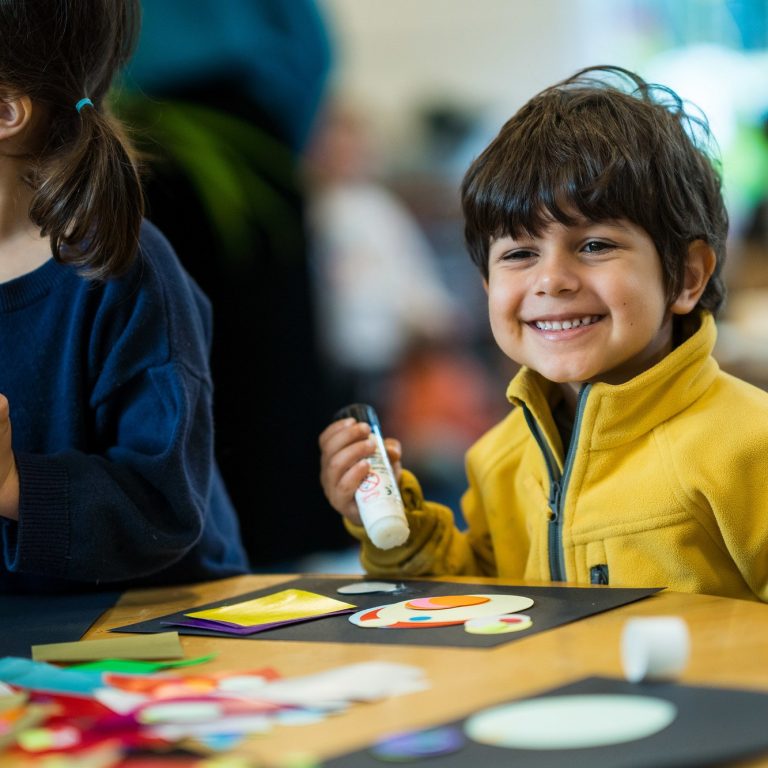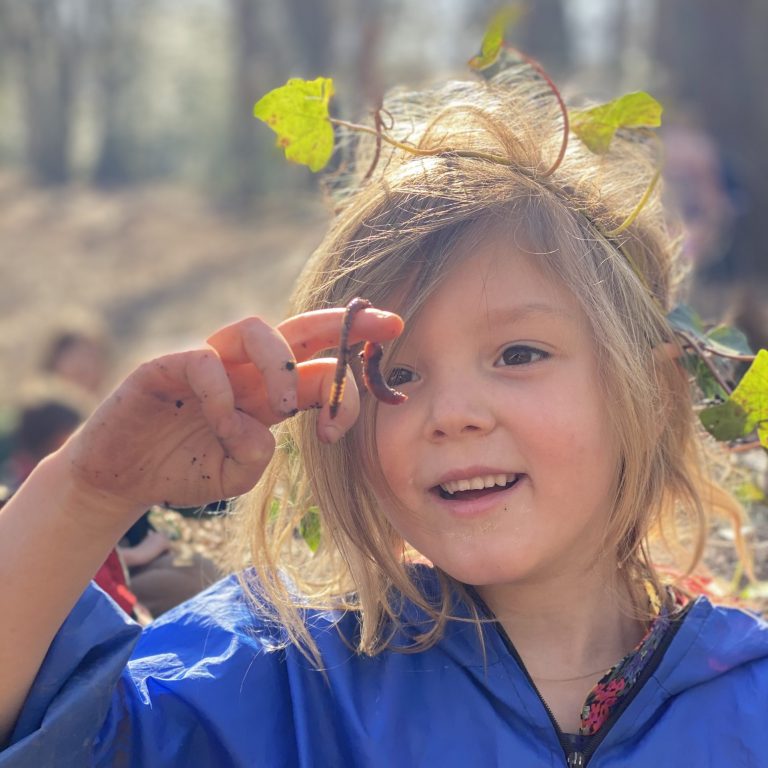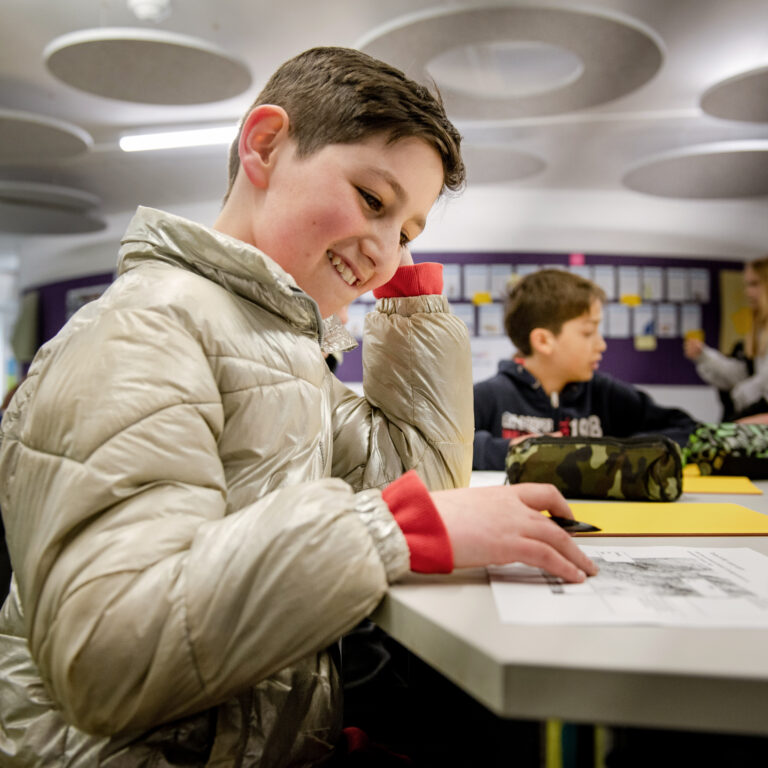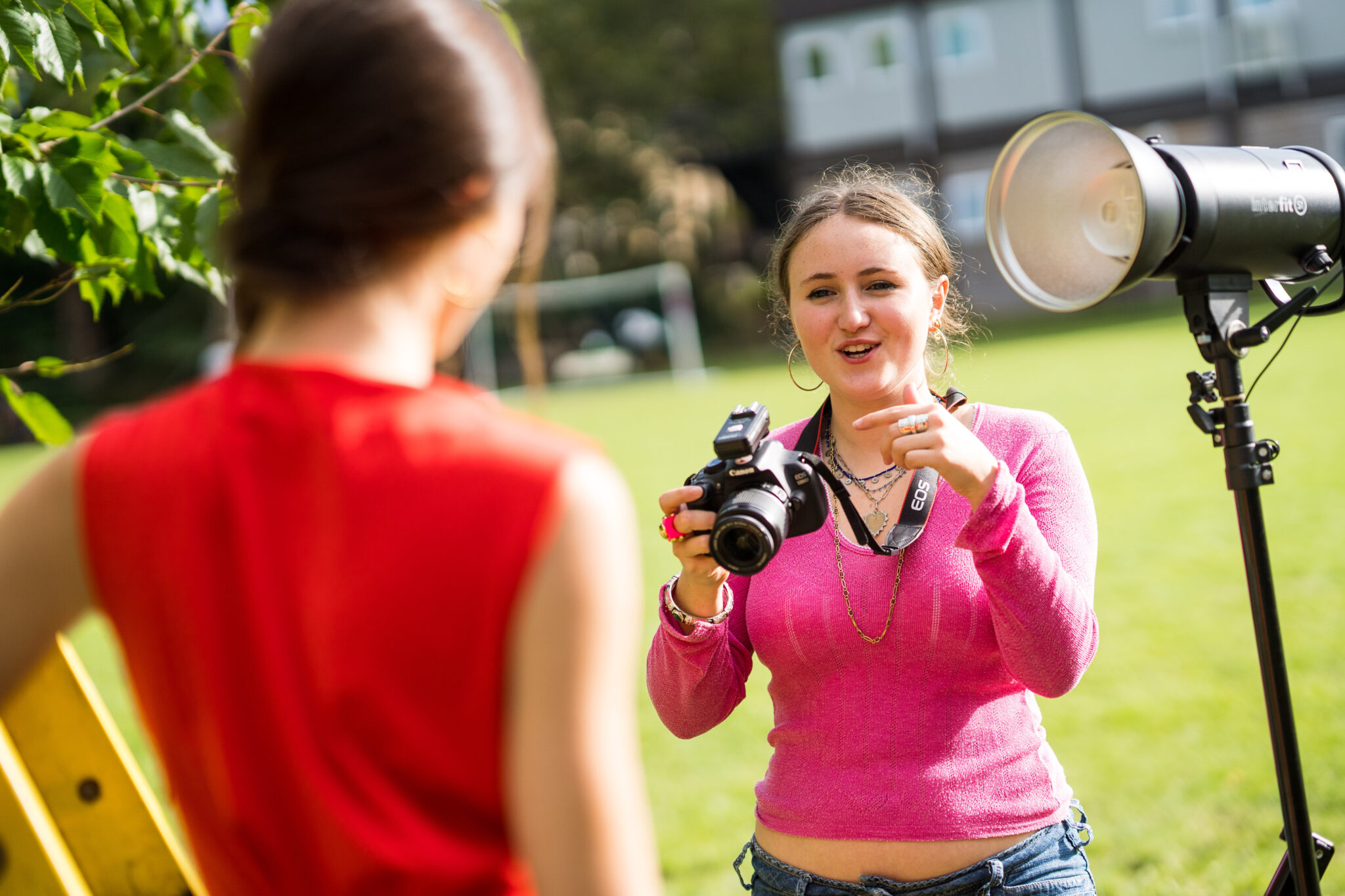Head’s Blog – Considering What Matters in Lower School
16th November 21
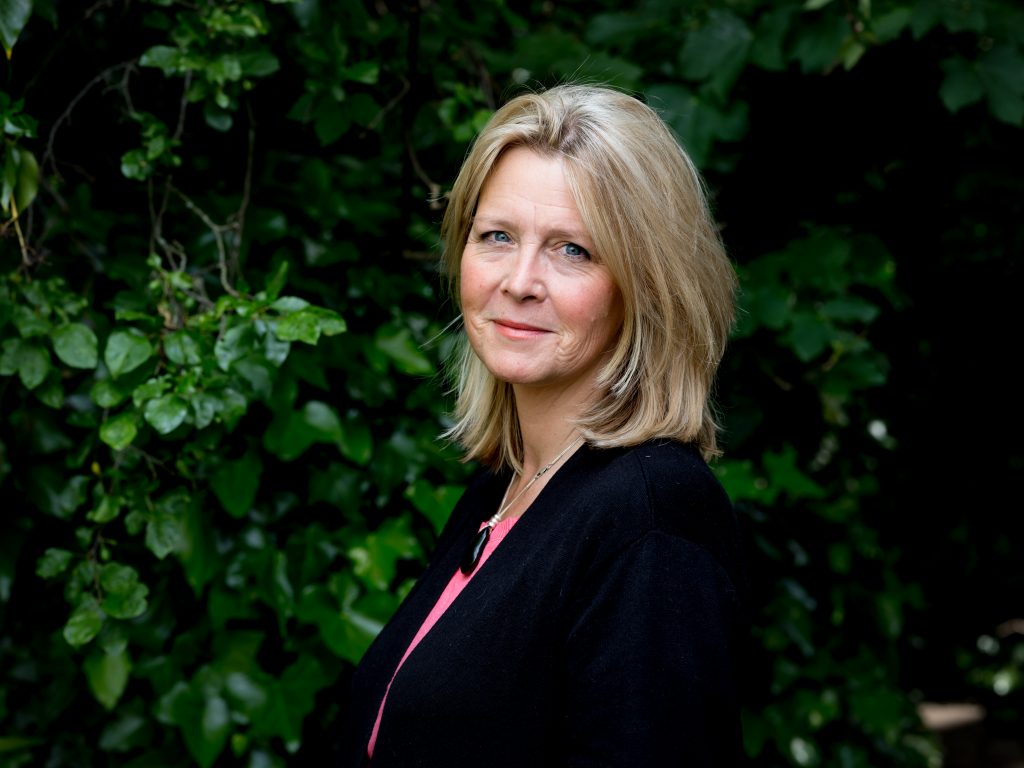
Now, more than ever before, it feels like time to pause and consider both what and how we teach in our schools. We have the responsibility and the privilege to ensure that each child’s school experience goes much deeper than their acquisition of facts and figures; to foster a real joy and understanding of the learning process and to equip them with the tools and strategies that will help them successfully navigate a future unknown.
With high stakes, end of year testing replaced by a suite of child friendly, rigorous, and significantly more informative alternatives there is a different sense of purpose to the primary years at King Alfred School. The dimensions of learning have shifted. Time is made to analyse the attributes of successful learners. Commitment, curiosity, courage and compassion are celebrated and nurtured across the school. Self-management, teamwork, critical thinking and research skills are discussed through the lens of different subjects. Children are helped to recognise when they are in a state of flow and learn to embrace productive struggle. We make moments to be mindful, to stop the noise of the day and create space to breathe, understanding that these moments will create a readiness for our next lesson.
The metacognitive layer of learning is compelling. Motivation levels are high. Children are reveling in the excitement of new discoveries, the fun of getting things right and wrong, sharing what they know with others, tracking their progress and defining new goals or areas of interest. There is excitement as they evidence their progress to share with parents, peers and teachers in student led conferences where successes can be celebrated and new goals established.
As our children gain more agency in their learning they develop a greater knowledge of the potential impact of their effort and actions, growing the all-important understanding that they can make a difference. This concept is structured across the curriculum as we consider how best to look after ourselves, others, and the world around us. Topics have been revised to become enquiries that run throughout the year and pick up on aspects of the UN Sustainable Development Goals. We challenge children to be problem finders – Does this seem fair? – as well as problem solvers – What could we do about it? Our empowered student activists have crafted playground agreements and class contracts, written to their MPs, organised food bank collections and shared concerns about pollution with marches around school and performances for year groups. Traditional knowledge based topics are now underpinned by deeper conceptual understandings – a World War II topic helps the children explore conflict, finding out about the Romans teaches us about governance. The concepts are timeless and transferable – helping us make sense of the present and guiding our future decisions.
The convergence of the what and the how has enriched learning for us all, setting an exciting pace and elevating expectations of what can be achieved. Best of all we are having fun. The school is buzzing with questions, reflections, ideas and laughter…. now, more than ever before, these feel like some of the most important things we can offer our children in school.


